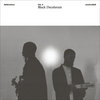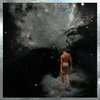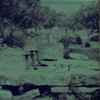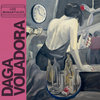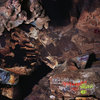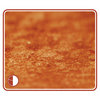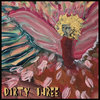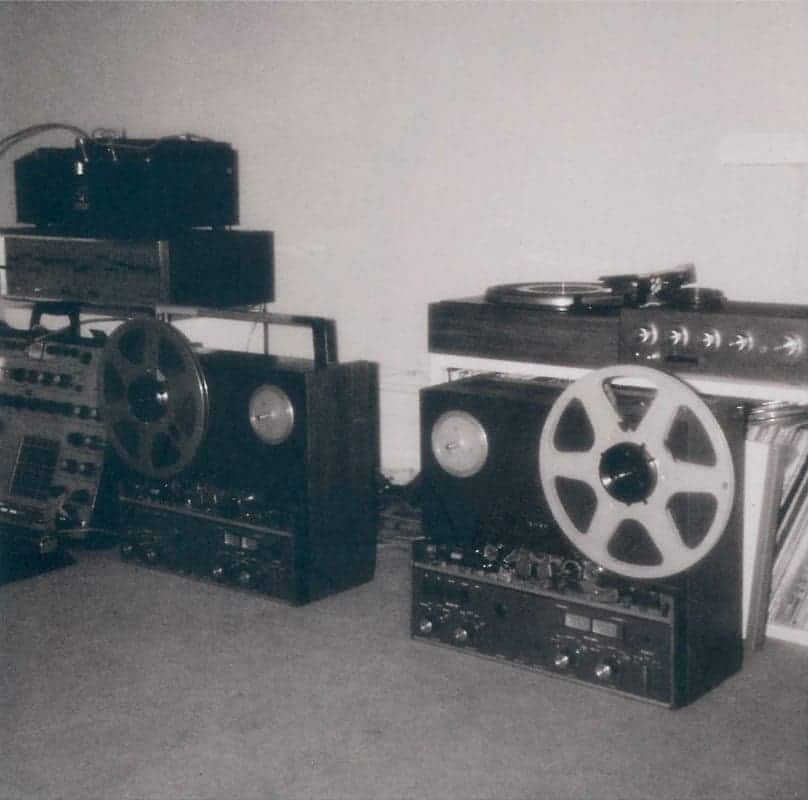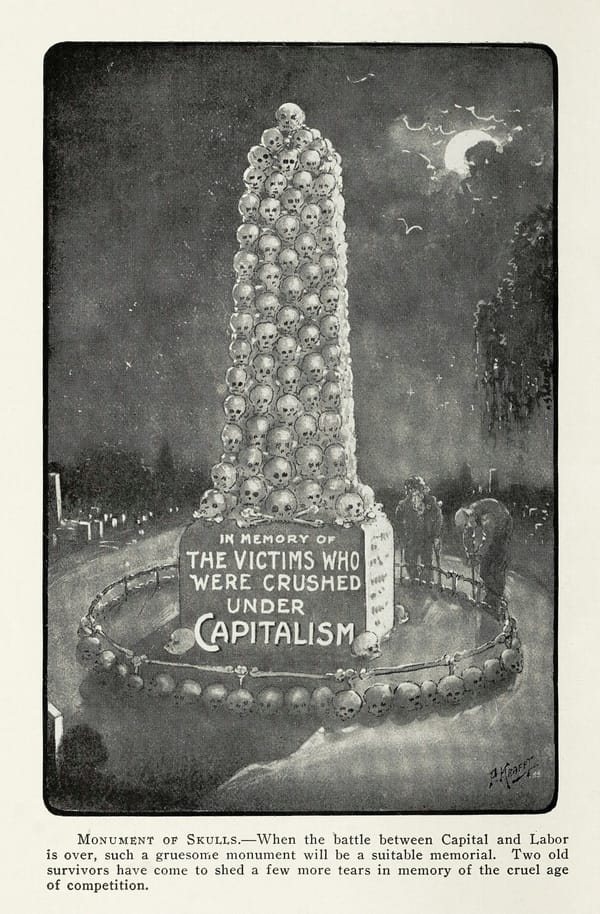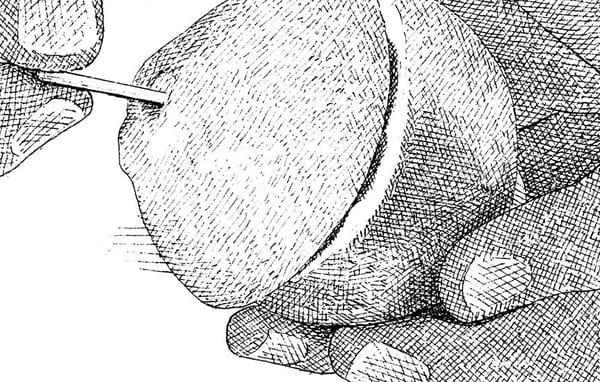#23: Lossless
New music from Black Decelerant, Miaux, Solpara, Xiu Xiu, Dirty Three, and more

This week’s playlist: Spotify / Apple Music
My re-assimilation into CD culture is still going strong, with a lot of vintage finds—including some repurchases of long-lost discs—as well as (more exciting in ways!) picking up new CDs. I should probably go into more detail about it all in a future newsletter, but for now I’ll share some links related to CD listening that I’ve run across lately, and that pertain to my experience as to how CDs—specifically compared to streaming and my too-rampant use of Bluetooth—have changed (a little or a lot) my listening habits:
Streaming is fine until you care about the music
CDs are the most under-appreciated music format, fight me (The Next Web)
I don’t think lossless makes much of a difference when you’re listening to new music. If you’re browsing Spotify for fresh artists, or have something on in the background, the extra quality is, honestly, barely noticeable.
You really have to listen in a critical and quite unnatural way to hear any difference.
Where I do find joy with lossless audio is with music I know intimately. These are the tracks and albums I’ve listened to enough that I hear the tiny breaks in someone’s voice, the particular buzz of a half-misplaced finger in a chord, or the upper register when the drummer catches the crash cymbal stand.
And CDs deliver that.
Bluetooth headphones are terrible, but not always
What You Really Need to Know About Bluetooth Audio (Wirecutter)
Many people believe that transmitting an audio signal via Bluetooth will always degrade sound quality, but that’s not necessarily true. If an audio signal is already compressed in a certain codec, and the source device (such as your phone, tablet, or computer) and the “sink” device (such as a wireless speaker or headphones) both support that codec, Bluetooth transmits the encoded audio unaltered, so the sound is the same as you’d get without Bluetooth. The most common example is with Apple Music, which uses AAC, and iPhones, which support AAC. If you use these two things along with a wireless speaker or headphones that also support AAC, Bluetooth will not impact the sound quality. If at least one of the devices doesn’t support AAC, the AAC data is decompressed and then recompressed with another codec, such as SBC. This process can reduce sound quality, although the difference will probably be subtle.
Your headphones are absolutely going to kill you
Is Noise Canceling Bad for Us? (Heavies)
Now, noise canceling may be valuable for preserving your hearing if you’re navigating a plane or in a chatty workplace or surrounded by jackhammers on a construction site. It’s when we’re moving through the world that things get a little tricker. Sound and the external cues that the environment provide are obviously important to ambulation and balance, and studies have found that a lack of sound can lead to a higher risk of falling, especially for older people.
That’s it! Now, on to this week’s new music.
“three,” Black Decelerant
This track is, quite simply, breathtakingly beautiful. There’s ambient, and then there’s this, a song that exists in its own atmosphere. Perfect in every way.

“Maji,” Jlin, Kronos Quartet
On the heels of their collaboration on Akoma, Kronos and Jlin team up once again here on an absolutely gripping rendition of the Sun Ra track. Every note, every bow, every beat here is played with such intensity.
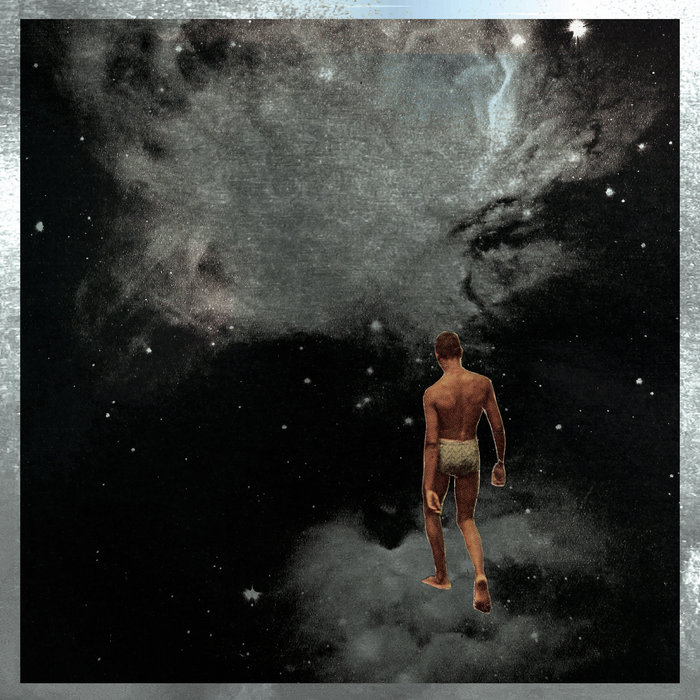
“Rocking Chair Song,” death’s dynamic shroud
I’ve been listening to death’s dynamic shroud for a long time now, but I’ve never heard them do anything like this: A piano-led track with a plaintive vocal telling a fairly fucked-up story, it’s like Lou Reed doing yacht rock. One of the most leftfield artists out there, doing one of the most leftfield things they’ve ever done.

“Medic,” Interlay
At its best, shoegaze is a taut conversation between the ethereal and the turbulent. Too much one way or the other and it’s something different entirely. From the vocalists’ tug of war to the abrupt shift between verse and chorus, this song strikes that balance again and again.
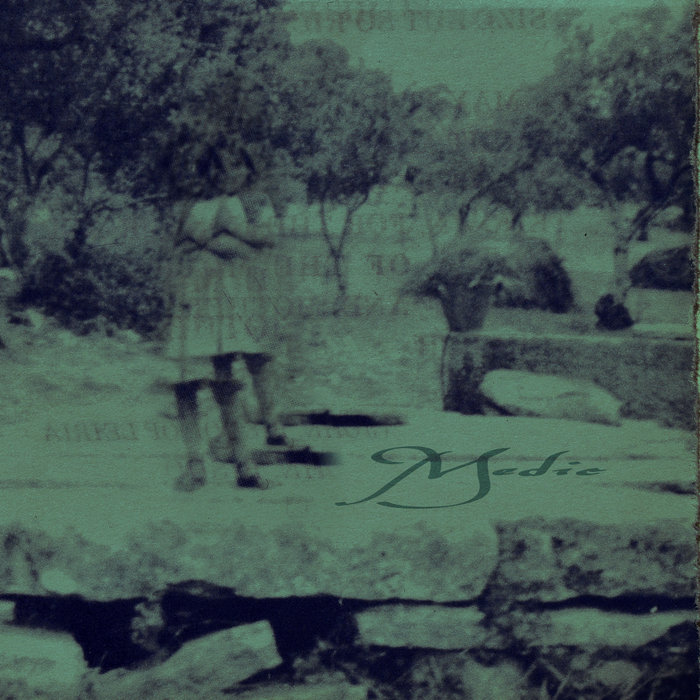
“Ceniza plateada,” Daga Voladora
From Cristina Plaza’s first album in eight years, Los manantiales, or “The Springs,” which “refers to all those sources from which I drink to make my songs: Stereolab, Broadcast, Galaxie 500, Cate Le Bon”—and the homage is strong on this track, with its crisp, insistent vibe offset by vintage organ. What a groove.
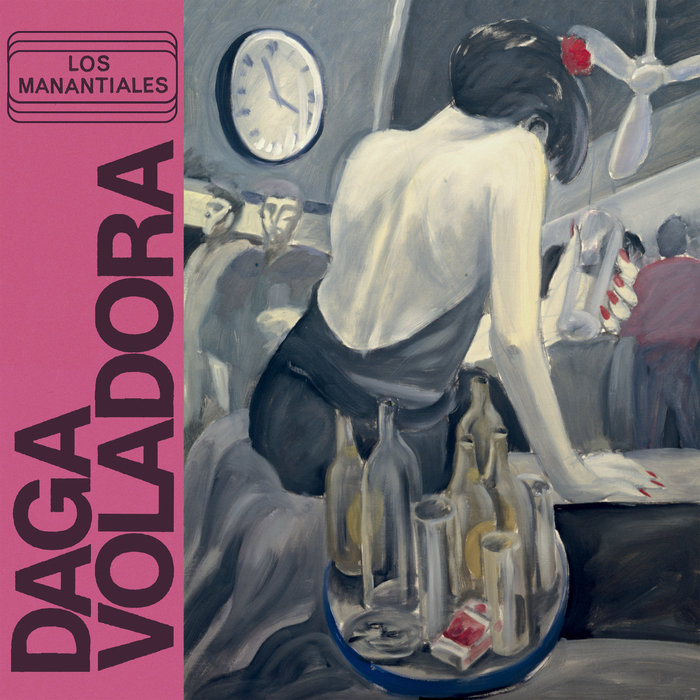
“The old pavilion near the lake,” Miaux
A selection from an eerie, synth reimagining of the score for 1962’s equally eerie Carnival of Souls, a movie that has become a Halloween standard at my house. While the film is frequently cited as a precursor to David Lynch’s aesthetic, and it’s probably true that he’s seen it, what’s even more true is that Lynch’s composer, Angelo Badalementi, was once the songwriting partner of John Clifford, who wrote the Carnival of Souls screenplay.

“Time to Hold Better,” Solpara
Beautiful, downbeat synth pop with a DIY, Factory Records feel. What feels like a tightly controlled song becomes a thing entirely unto itself with that time signature shift midway through (and later on) that temporarily sweeps the entire piece off the table, only to pick everything up again. Very inventive and infectious.

“Common Loon,” Xiu Xiu
Abrasive sludge pop from the ones who do it like no other. As above, I’m using “pop” with a good deal of latitude here. Because it’s not exactly “pop” as in “commercial,” but “pop” as in what these artists, who work at the perimeter already, might conjure up as something that vaguely approaches radio-friendly.
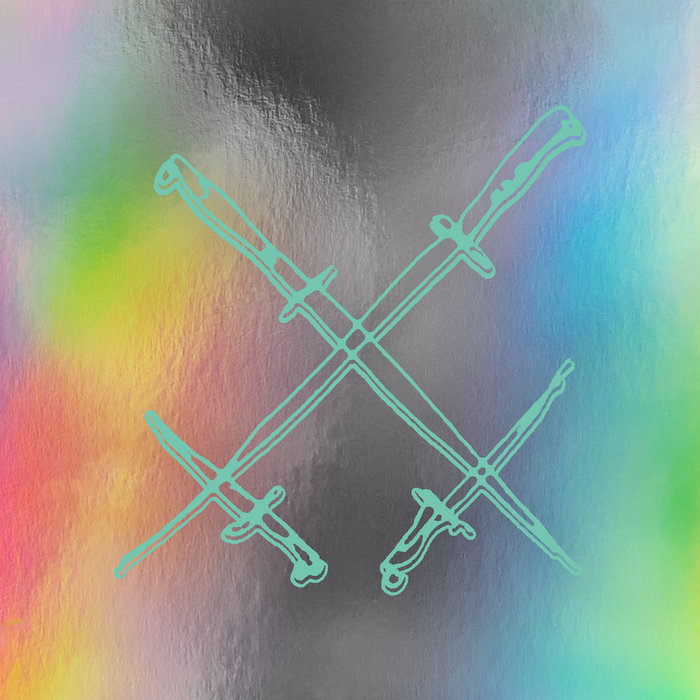
“wakerobin,” Zosha Warpeha
Something that struck me while listening to this solo string piece was how truly meditative—and not merely as an adjective—it is, and what made that happen for me was song’s unadorned, open nature. While listening, the opportunity to focus in on the nuances of the strings, the brittleness of the playing, the vision of that came to life in my mind, and sent me more and more inward. So yeah, strike this off the roadtrip playlist.
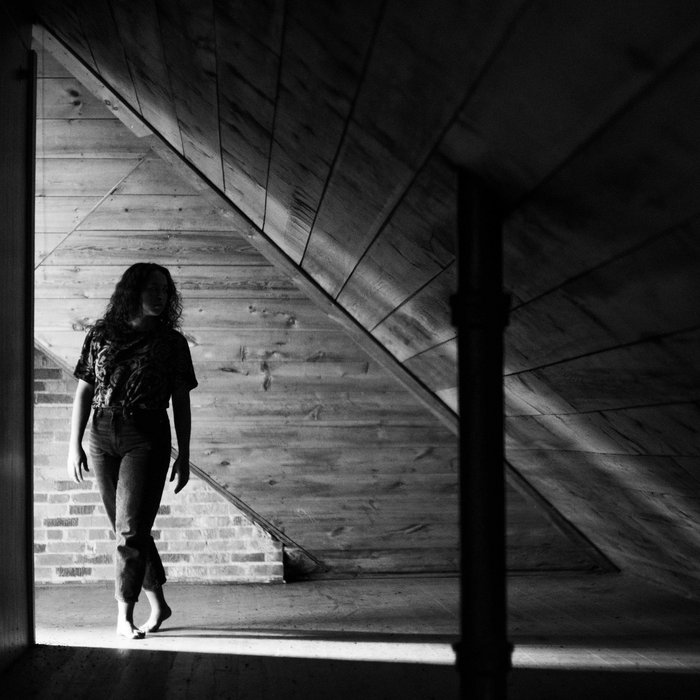
“Rockingham,” Joseph Decosimo, Luke Richardson, Cleek Schrey
Lovely on its own, but also a nice rejoinder to the previous track—though this plaintive organ piece sounds absolutely gigantic in comparison.

“#19,” Aphex Twin
A fan favorite, among whom the song is also called “Stone in Focus,” this track was previously available only on the vinyl release of Aphex Twin’s Selected Ambient Works Volume II, but was left off the CD because, as Richard D. James puts it:
This track has now thankfully been found and uploaded here, I was very worried it had been lost, very relieved*** It was not included on the original CD’s as there wasn't enough room. I usually always give priority to the vinyl versions of all my releases as I never ever really liked CD's much, think I would have liked CD's a little bit more if you could put 90 mins on them, who decided they were to be 74 mins anyway?
Beethoven. It was Beethoven who decided.
Also, some related CD news to all this: The Selected Ambient Works Volume II reissue is available for preorder, and it’s one of first totally new (and yet extremely old) discs I’ve purchased in a lot of years.
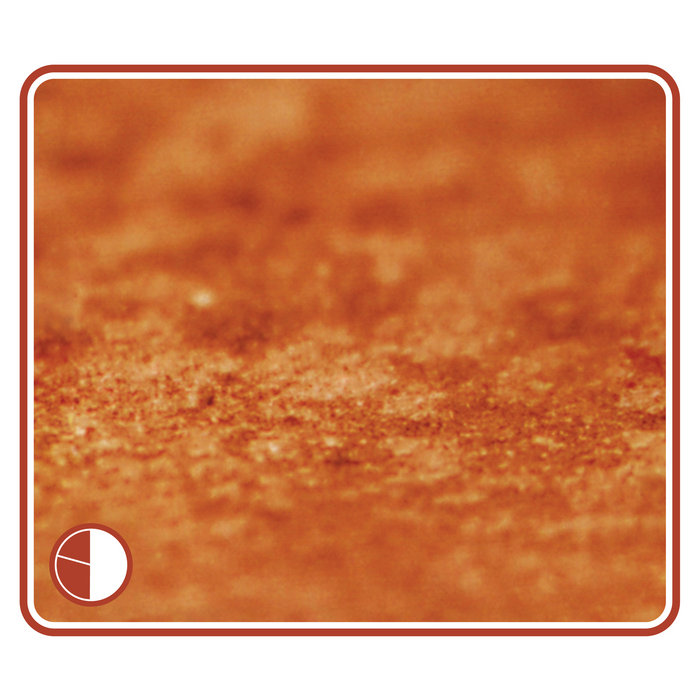
“Love Changes Everything II,” Dirty Three
The thing that jumps out at me about this track—besides that this is from the first new album from Dirty Three in 12 years, which is worth freaking out about—is just how much bleed-over there is in Warren Ellis’s sound here and in his more recent work with Nick Cave (e.g., “Girl in Amber” as well as anything off Ghosteen). It’s wonderful to hear this band as it exists today, which still sounds very much like Dirty Three, but now with 12 more years of perspective and evolution behind them. Can’t wait for 2036.


